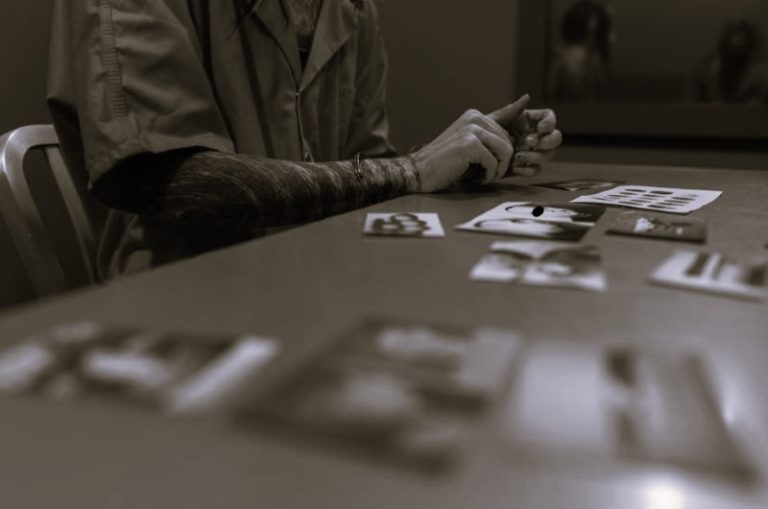

Imagine finding yourself injured due to someone else’s carelessness, whether it’s a car accident, a slip-and-fall incident, or even a workplace mishap. The experience can be overwhelming and stressful, especially as you face medical bills, time away from work, and possible long-term effects on your health. But what should you do next? How can you best protect your health, rights, and future after a preventable injury?
If you live in Charleston, South Carolina, this article is for you. We will share the essential steps to take if you’ve been hurt because of someone’s negligence, helping you secure the best outcome possible.
1. Seek Immediate Medical Attention
Your health should always be the top priority after an injury. Whether the injury seems minor or severe, go to a doctor as soon as possible for an evaluation. Some injuries might not show symptoms immediately but could develop into serious issues over time.
A medical evaluation also creates a record of your injuries and their immediate impact, which could be essential if you make up you mind to seek compensation later. Keep track of all medical documents, as these will help demonstrate the extent of your injuries and the treatment you require.
2. Document the Scene and Your Injuries
Once you’ve received initial medical attention, gather as much evidence as possible. This could include photographs of the accident scene, any property involved, and your physical injuries. The more details you can document, the stronger your case may be.
If you’re looking for an injury lawyer Charleston, SC, has a number of options. Connecting with a lawyer early on can help preserve crucial evidence. They can guide you on which documents and details will best support your claim, ensuring you’re building a solid case from the start.
3. Report the Incident
Report the accident to any appropriate parties. For instance, if you slipped and fell in a store, report it to the manager immediately. If it’s a workplace accident, notify your supervisor or human resources department right away. Reporting the incident promptly helps establish the facts and creates a record that the incident occurred.
Keep a copy of any report you file and note the time and date you reported it. This documentation helps establish a timeline, and a clear, detailed report strengthens your case if it goes to court.
4. Gather Witness Information
If anyone witnessed the incident, try to get their contact information. Witnesses can provide a valuable perspective on what happened and how the injury occurred. Their statements can help verify your account of events, adding credibility to your claim.
Even if you don’t feel comfortable contacting witnesses yourself, an injury lawyer can assist you with this process. Witness statements can be crucial pieces of evidence when negotiating with insurance companies or presenting your case in court.
5. Keep Track of Your Expenses
Injuries often come with unexpected expenses, from medical bills and therapy costs to lost wages. Keep detailed records of every expense related to your injury. This might include receipts, invoices, and notes on lost work hours.
These financial records will be vital if you seek compensation, as they demonstrate the financial impact of the injury. An injury lawyer can help you understand which expenses to track and how they might be covered in a compensation claim.
6. Be Cautious When Speaking About the Incident
After an accident, it’s common to want to discuss it with others, whether to process the experience or seek advice. However, be cautious about what you say and who you say it to. Avoid admitting fault, making assumptions, or exaggerating details.
When you’re speaking with insurance companies, answer questions honestly but concisely. Any statements you make could be used to challenge your case later. Working with an injury lawyer allows you to have a professional handle these communications on your behalf, which can protect your interests.
7. Follow Up with Medical Treatment
Even after your initial doctor’s visit, keep up with any prescribed treatments or follow-up appointments. This demonstrates your commitment to recovery and shows that the injury required ongoing care. Skipping treatments can lead insurance companies or opposing parties to question the seriousness of your injury.
An injury lawyer can also advise you on how medical records and documentation of continued care contribute to a strong case. Your health is important, so follow medical advice closely and avoid any actions that might hinder your recovery.
8. Prepare for Possible Settlement Discussions
Many personal injury cases are settled outside of court. Once you’ve gathered evidence and consulted with a lawyer, you may have the opportunity to negotiate a settlement with the at-fault party or their insurance provider. A settlement can be a quicker way to resolve the issue and receive compensation without a lengthy trial.
Your lawyer can advise you on whether a settlement offer is fair or if it’s better to pursue further action. Don’t feel pressured to accept a low offer; having an experienced professional on your side can ensure your case is fairly valued.
9. Stay Patient and Focused
Recovering from an injury and seeking justice for negligence is not a fast process. It requires patience and focus. There may be setbacks along the way, but staying organized and committed to your recovery and case can ultimately lead to a better outcome.
Keep track of all developments, from medical updates to legal communications. This organized approach can make the journey smoother and help you feel more in control of the situation. Remember, each step you take is part of your path to recovery and resolution.
10. Stay Patient and Focused
Recovering from an injury and seeking justice for negligence is not a fast process. It requires patience and focus. There may be setbacks along the way, but staying organized and committed to your recovery and case can ultimately lead to a better outcome.
Keep track of all developments, from medical updates to legal communications. This organized approach can make the journey smoother and help you feel more in control of the situation. Remember, each step you take is part of your path to recovery and resolution. In conclusion, taking action after an injury caused by someone else’s negligence is not just about seeking compensation. It’s also about taking control of your recovery and future. Each step helps you protect your health and your rights. If you’re facing this journey in Charleston, SC, remember that local resources and professionals are available to help you every step of the way.






